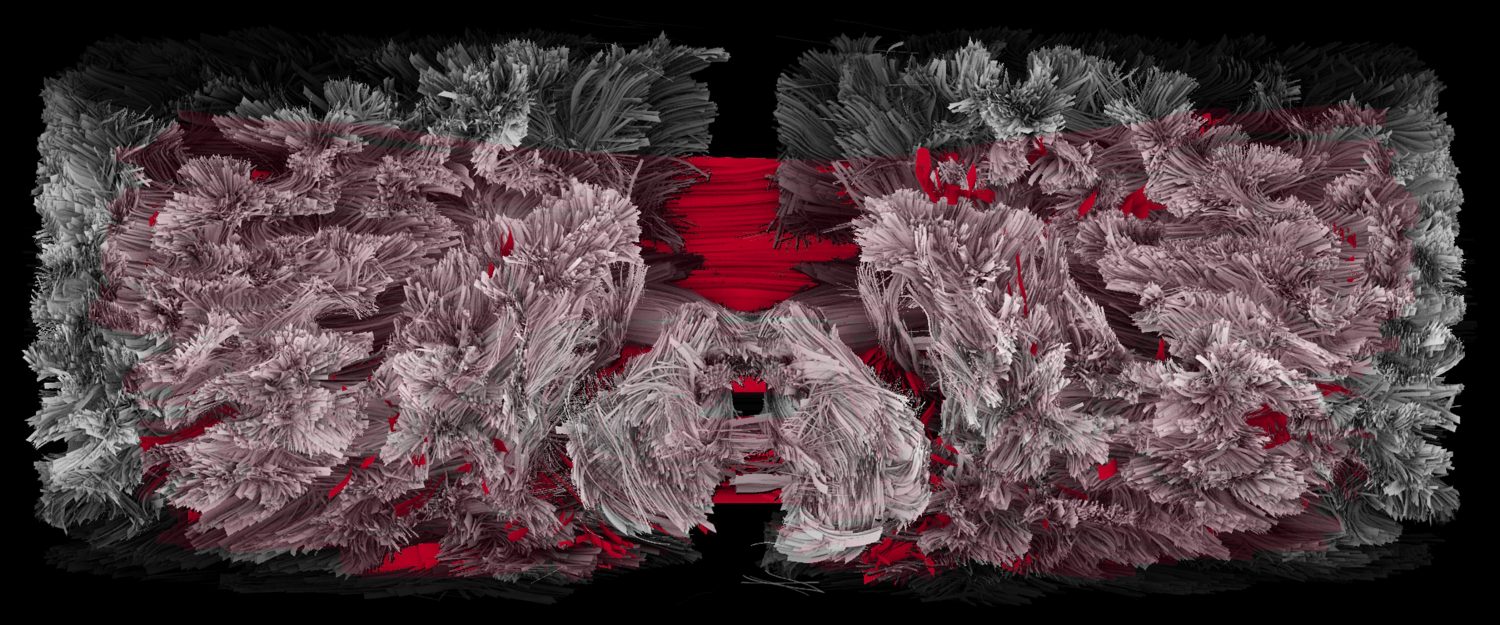Healthcare on the Move: Future Directions
23-24 September | Online | Programme

Throughout the COVID-19 crisis, the call to ‘return to normal’ has been consistently articulated alongside demands to ‘build back fairer’. Meanwhile, ideas surrounding the protection of public and individual health drove public policy in the pandemic, disrupting the movement of people and things within and across borders. As a result, refugees, migrants and other members of mobile populations have increasingly faced an emerging ‘sanitary apartheid’ (Heller 2021) that reinforces border regimes in the name of preserving public health.
This workshop considers emerging trends at the intersections of bordering, healthcare and public health and possibilities for transcending the inequalities of (im)mobility and access to healthcare.
Consolidating key insights from the first and second workshops, this third (and final) workshop focuses on the role that research can play in disrupting a return to the kind of ‘normal’ where refugees, migrants and members of other mobile groups continue to be denied rights to healthcare and where bordering practices continue to play out within healthcare settings.
It asks whether calls for ‘mobility justice’ (Sheller 2018) can be aligned with the critical exploration of healthcare access for mobile populations in this time of multiple crises? What other directions and priorities are there for health mobilities research?
See the programme and call for participants.
Keynote Lecture | A safe space? Supporting mobile and marginalised populations within primary care

 The workshop begins on Thursday 23 September at 16:00 BST with a Keynote Lecture from Professor Kate O’Donnell, Professor of Primary Care Research and Development (General Practice & Primary Care), University of Glasgow.
The workshop begins on Thursday 23 September at 16:00 BST with a Keynote Lecture from Professor Kate O’Donnell, Professor of Primary Care Research and Development (General Practice & Primary Care), University of Glasgow.
Dr Yusuf Ciftci from Doctors of the World will respond.
Read more about the lecture and the speakers.
Creative Colloborations
The workshop features the premiere performance of a specially commissioned poem from Suhaiymah Manzoor-Khan. Based on discussions in our second workshop in June 2021, the poem makes a unique and thought-provoking contribution that captures many of the themes and ideas that matter to those working in the field of migrant health.
Jack Brougham will also be joining the workshop, as a creative collaborator, to draw new illustrations based on discussions during the day.

